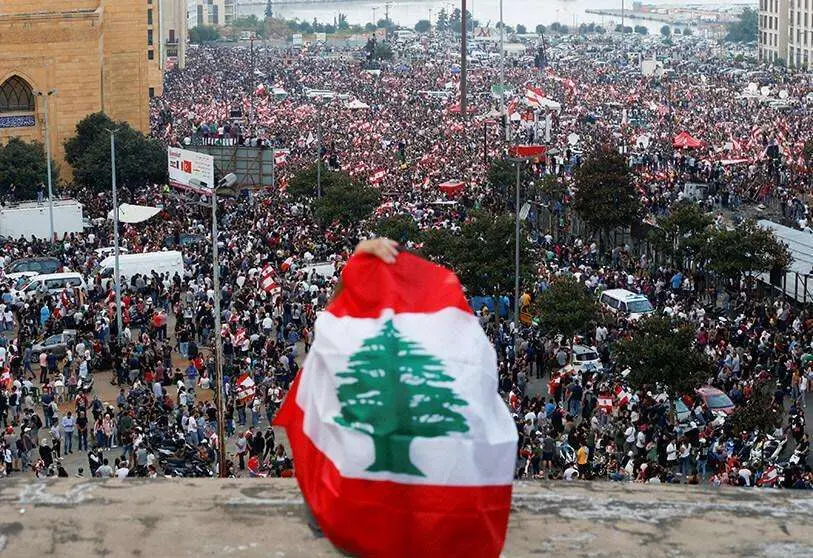Lebanon on the front page

No electricity, food shortages and hunger queues in the streets of Lebanese cities. The New York Times cover story on Lebanon's economic collapse conveys to the public what Lebanese Prime Minister Hasan Diab called for a few weeks ago: for international society to be aware of the country's unbearable economic situation and the risks it poses to stability in the region. But the weakness of political institutions and the economic pit in which the multi-ethnic and complex Lebanese people live have not only attracted the attention of the press and economic managers. A terrorist group, probably Palestinian but supported by the pro-Iranian Shiite guerrilla group Hezbollah, has launched an attack on Israel's Golan border and provoked a limited and surgical response from Israeli defence systems.
If anyone did not think that Lebanon was heading into a dark tunnel once the Syrian war was over and with the Middle East in the process of recomposing alliances and strategies, one would have to ask who is at the forefront of strategic thinking. In the case of Spain, the neglect of Lebanon is particularly worrying, bearing in mind that 1,924 Spanish military personnel are currently part of the international UNIFIL mission, where our country has been present since 2006. When, according to some interpretations, Minister Bono took up the challenge to try to cover up the shame of the withdrawal from Iraq forced by Zapatero to respond to his electorate, and incidentally to the Russian-French-German conspiracy against US unilateralism. We called it the "no to war", when at the time several hundred thousand people had not yet died in the Syrian war.
Lebanon, as so often in so few decades, has before it the possibility of reorganising its weakened political structure, based on inter-ethnic, pluralistic but politically inbred and corrupt institutional power-sharing, which has led to social disillusionment and impoverishment. But the consequences of the Syrian war and the economic crisis threaten that Iranian influence, or that of other interests, will activate radicalism and the ghosts of social unrest or another bloody confrontation between communities will be reproduced in a country that was once prosperous and still maintains an image of hope for those who believe in the possibility of a region of commercial exchanges rather than attacks and military responses.
In this regard, Lebanese President Michel Aoun, condemned the Israeli intervention as a violation of Security Council Resolution 1701. In addition, the same document calls for the dismantling of armed groups such as the politically active Hizbullah guerrillas, which are represented in the government and parliament and frequently demonstrate their operational capacity.
Amin Maalouf, winner of the 2010 Prince of Asturias Award for Literature and author of "The Shipwreck of Civilisations", explains with detail and sadness the fate of Lebanon and, more broadly, the sad fate of Arab social and institutional modernisation as a result of having been a country and a region victim of the manipulations of various despotic, fundamentalist and international powers and interests. It will now view the tensions reflected in the press in recent weeks with renewed concern.

